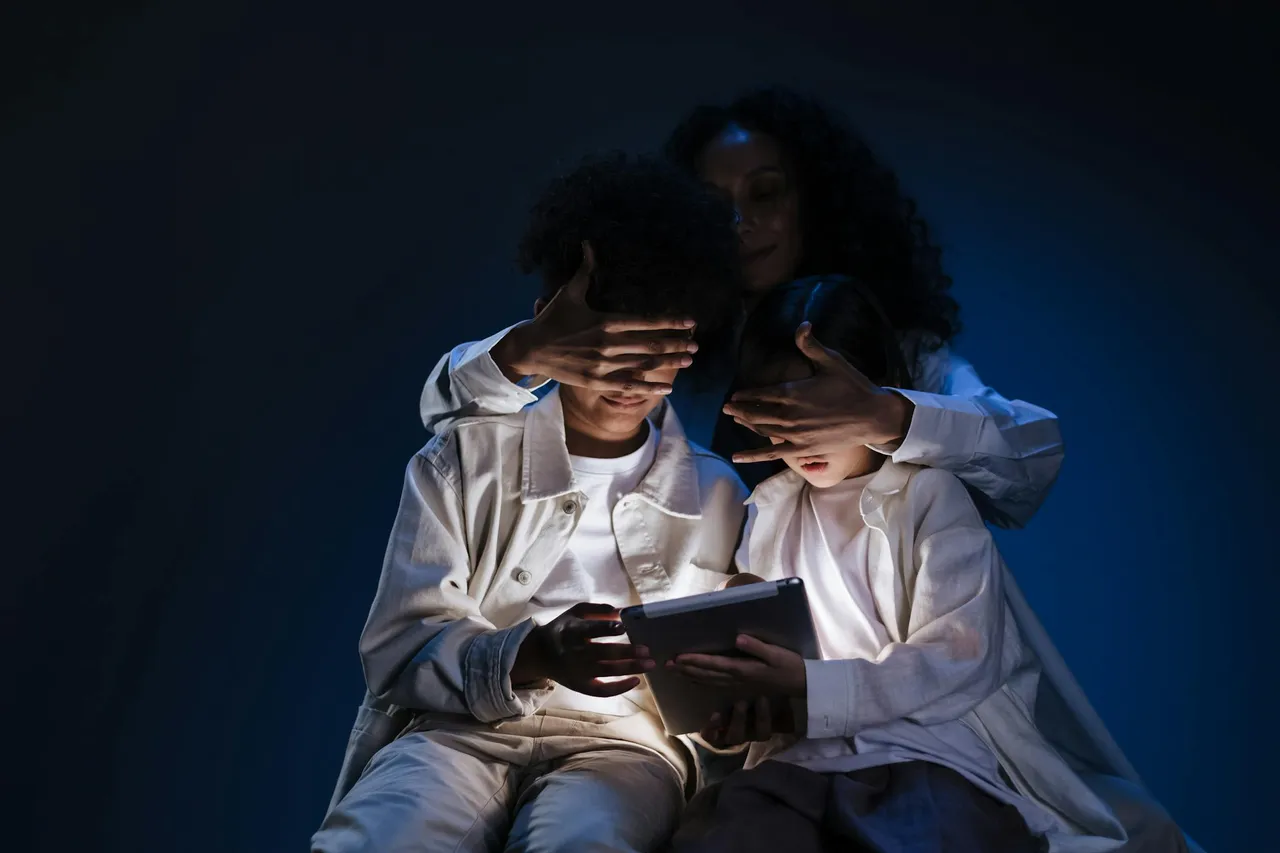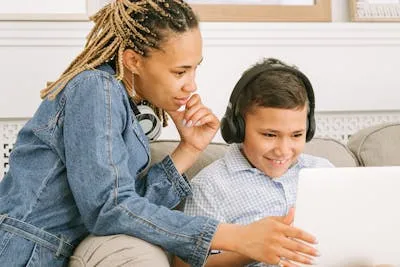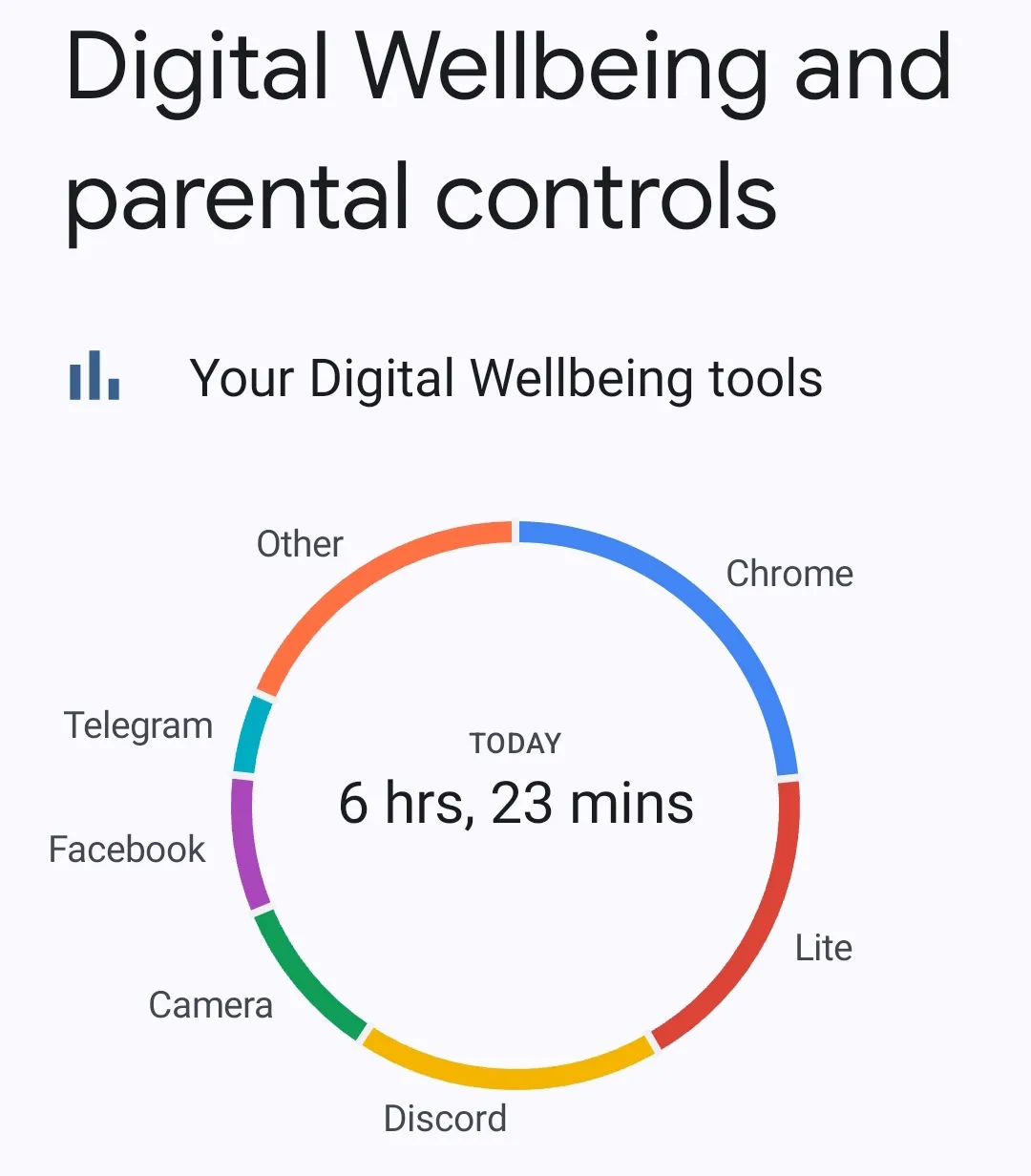We live in a time where our social media space and internet are generally cluttered with so much uncensored content that is unhealthy to consume for kids and even adults. Due to the negative effects such content can have on the individual, uncensored content like explicit sexual content, violence, betting, cyberbullying, self-harm and suicide, drug abuse, and the like has come to pleague the minds of our young ones, and these have raised questions as to whose responsibility it's to curb our kids from consuming such content that can go on to ruin their lives between the parents and administrators of such social media platforms.

Image by Ron Lach on pexels.com
To start with my journey towards stating my opinion on these subjects matter, it's worthy noting that uncensored content ain't in anyway good to be consumed, especially by a young kid, and that's because unlike adults, they're not mature enough, and none have the emotional capability to handle the impact of such uncensored content on their lives. Take, for instance, a child who watches video of someone else who committed suicide and might decide to give the same a try when faced with life challenges, and this would most likely not be the case had such a kid not been exposed to such content.
So when it comes to whose responsibility it's to filter what our kids consume on the social space, I'll say without any atom of doubt that it's a collective effort of both the parents of such kids and the owners of such social media platforms, and additionally the society inclusive, in order to raise a child to be morally responsible, upright, and well cultured, everyone as a role to play from the parents, dish to the society, and then the owners of social media platforms since that's the focal point of this prompt.
And why I said it's a collective responsibility is because a child wouldn't always be in the presence of their parents; there are several times within the day when such a child goes to school or plays outside with their peers or adults, and in such a situation the parents can't necessarily know what's going on with their kids, and that's where the role of society comes in. If society is filled with cultured adults, then everyone would have done the right thing by teaching their wards the right thing to do, and there wouldn't be fear of your wards getting negatively influenced by others in the society.
And then for the social space owners, these platforms have a lot to do to help mitigate or totally curb the possibility of our kids gaining access to this uncensored content that can corrupt their mind and leave a lasting negative impact that's good for their mindset. I think it's high time the social media space should start automatically deleting negative contents and comments relating to explicit content, cyberbullying, racism, and the like.

Image by Ivan Samkov on pexels.com
In an advent that such are automated deleted, it'll prevent our kids from seeing such, ultimately creating a safe environment to commune and snuff through the social space without fear that our kids would be fed with content that'll influence them negatively. One way such can be done is by introducing automated bots that quickly notice such content, like abuse, violence, and the like, and prevent people from sending it. I've seen this firsthand in some social media space, but the bot needs to be improved to help combat those who tried to outsmart it by misspelling abusive words so it won't be noticed by the bot.
Still on the responsibility of the social media platform owner, especially those relating to platforms where sexual explicit content, violence, drug abuse, and the likes are allowed. They collectively need to do more than a simple questionnaire bot that asked you to tick if you're more than 18 or not. Of course, once a kid notices you refuse them access to the webpage because they said they're less than 18, it means they'll try again and lie about their age just to gain access to the website. So in order to curb that, I think introducing a live facial recognition bot and questioning can help prevent kids from accessing such a website.
And now last but not least on the list that I'll be talking about is the responsibility of the parents in preventing their children from consuming uncensored content on the social space. Although I said it's a collective effort, know this: the effort of the parents in this regard should be more; in fact, the parents have the biggest role to play in order to prevent such from happening, and before I delve into why or how they can prevent that, I'll quote Proverbs 22:6 in the Holy Bible.
It says, and I quote, "Train up a child in the way he should go, and when he is old, he will not depart from it." That's to say, as a parent, you must continuously nourish your children with the right words and advice that brood their morals, knowledge, and the like, helping them to discern between what's right and what's wrong, whose role we as parents play out in this regard. Our children will grow to stay away from such things because we've taught them to do just that.
Additionally, as parents, aside from teaching our wards about what's right and what isn't, we also need to monitor what they see and consume on the social media space, and there's a way we can prevent them from gaining access to uncensored content even in our absence. Ways to do that include visiting such websites and signing a parental control form that helps moderate what a child can see each time they use their devices to snuff their internet.

Screenshot from my phone settings.
Take, for instance, that these features are available on YouTube, Netflix, and the like, and when you turn on the parental controls feature, you'll notice that only health-censored content will be shown to the kids. Also, there's this new feature on our smartphone settings that is just like the parental control features on those websites. When you turn on these features, it means your children won't be able to access or see contents that's above their age; it also helps you monitor their screen time and as well know which apps or websites they've visited; ultimately, that's helpful and can help you call your children to order because such a feature will continuously filter what shows on their screen and tell you what they've been up to.
In a nutshell, we must collectively join forces as adults to help curb the rate at which such content floods our social space, although it's kind of difficult with the rate at which everyone is trying to gain audience and view in their quest to earn via the internet, but with parental control features, moral advice, society assistance, and owner diligence, such can be accomplished.